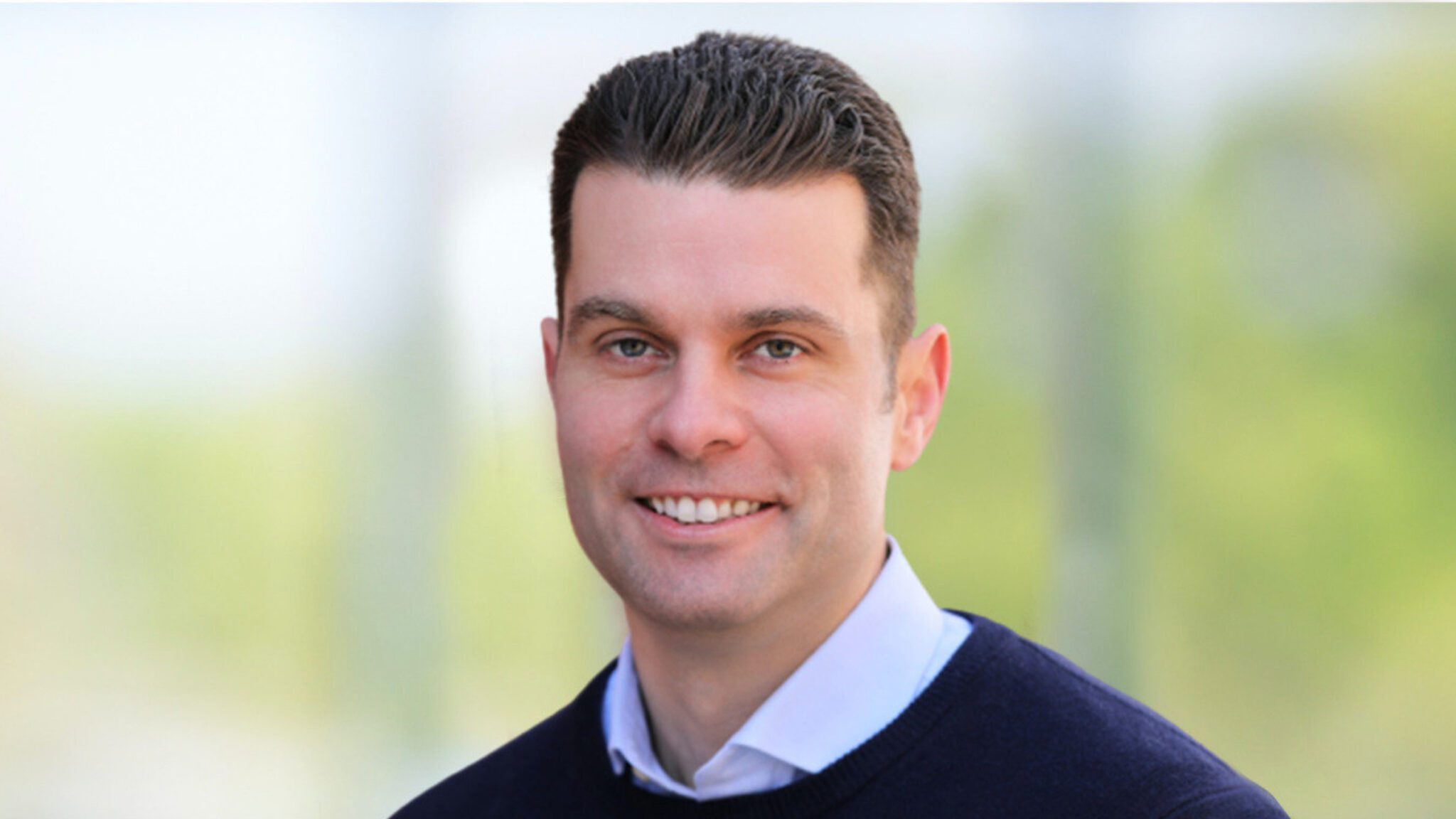
Mark Rus, Delix CEO
A new psychedelics player emerges to treat mental health disorders — minus the hallucinogenic effects
One line in an academic paper changed everything for David Olson.
It was 2018 when Olson’s lab at the University of California, Davis published a …
Sign up to read this article for free.
Get free access to a limited number of articles, plus choose newsletters to get straight to your inbox.